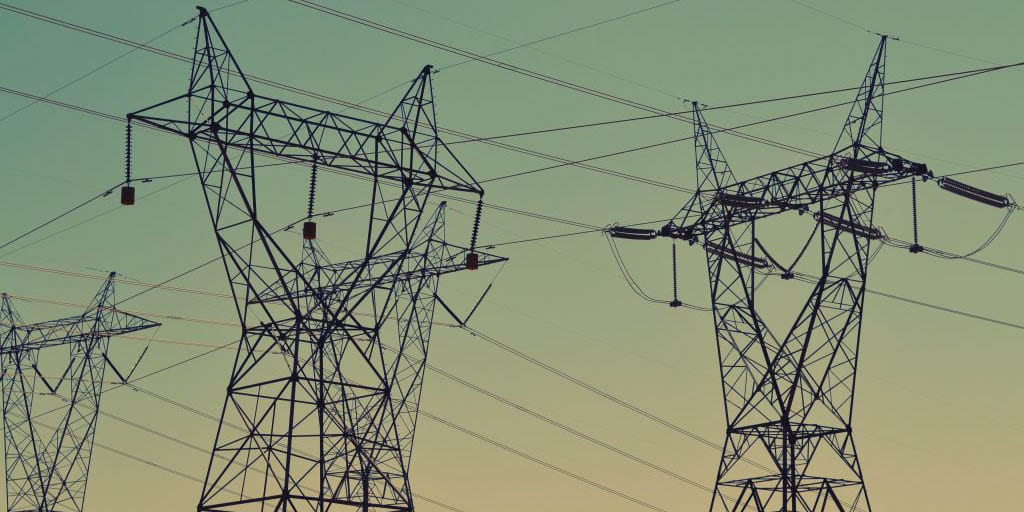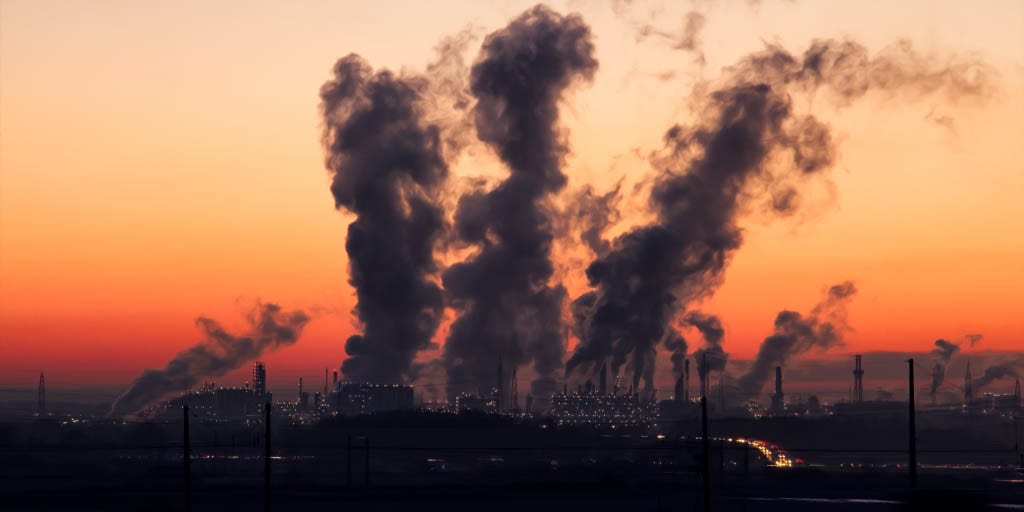Algeria
Country indicators
GDP per capita - gross domestic product divided by midyear population. GDP is the sum of gross value added by all resident producers in the economy plus any product taxes and minus any subsidies not included in the value of the products. (Source: World Bank)
GDP per capita (USD):
4,362.74
Fossil fuel subsidies (USD, billions) - All consumer and producer pre-tax subsidies. Pre-tax consumer subsidies exist when energy consumers pay prices that are below the costs incurred to supply them with this energy. (Source: IMF)
Fossil fuel subsidies (USD, billions):
-6.74
Fossil Fuel Subsidies as % of GDP - All consumer and producer pre-tax subsidies as percent of a country’s GDP. (Source: IMF)
Fossil fuel subsidies (% of GDP):
4.02
Fossil Fuel Subsidies with externalities as % of GDP - All consumer and producer post-tax subsidies. Post-tax consumer subsidies exist if consumer prices for energy are below supply costs plus the efficient levels of taxation. (Source: IMF)
Fossil fuel subsidies with externalities (% of GDP):
-13.53
Revenue from environmentally related taxes as % of GDP - All revenue from environmentally related taxes - defined as any compulsory, unrequited payment to general government levied on tax-bases deemed to be of particular environmental relevance – as percent of a country’s GDP. (Source: OECD)
Revenue from environmentally related taxes (% of GDP):
n/a
Carbon pricing gap - Measure of how much countries fall short of pricing carbon emissions in line with a EUR 60 benchmark value (midpoint estimate of the carbon costs in 2020 and a low-end estimate for 2030). The difference is presented as percentage: If the Effective Carbon Rate (ECR) on all emissions is at least as high as the benchmark, the gap is zero, and if the ECR is zero throughout, the gap is 100%. (Source: OECD)
Carbon Pricing Gap (%):
n/a
News

Going green after COVID-19 will help MENA economies recover better (World Bank Blogs)
2020-07-27
The coronavirus crisis is a window of opportunity to transform the economy and especially, to make it “green.” Previous economic crises such as the financial crisis in 2008/09 and the oil

MENA Energy Pricing Reforms (Oxford Energy Forum)
2017-04-21
It has been nearly three years since the collapse in global oil prices and there have been mixed outcomes for countries in the Middle East and North Africa (MENA). While

Fossil fuel subsidy and pricing policies : recent developing country experience (WBG Working Paper)
2016-02-23
This Policy Research working paper is a product of the Energy and Extractives Global Practice Group at the World Bank Group. The paper provides an overview of experiences with fossil



